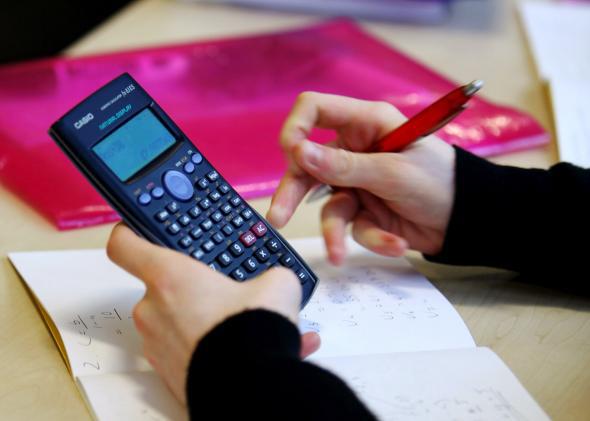Starting this May, Oklahoma is going to be experimenting with the toughest financial literacy requirements for high-school students that have ever been attempted in the United States:
Mustang High School teacher Carrie Hixon recently asked her students “What if you used your bank debit card to buy lunch at Taco Bell and you didn’t have enough money in your checking account. What do you think Taco Bell will do?”
“Make you wash dishes,” the class clown popped off.
A serious Hixon countered, “Until recently, Taco Bell and your bank each could charge you a fee of $25 to $35. Thankfully, a recent law requires establishments to deny the purchase and hand your card back to you, if you have insufficient funds.”
I think there are three big takeaways here. One is that this is a good idea and financial literacy is very important. Another is that this underscores how mistaken I think it is for some self-styled progressives to underplay the importance of improving K-12 education in the United States—the foundation of financial literacy is basic math and literacy and people who don’t master those skills are always going to be prey for scamsters. But the third is that regulation is really important and valuable. It’s silly to create something like the 401(k) system, which is challenging for normal people to navigate in a sensible way, and then spend a lot of time in high-school preaching the virtues of low-fee passively managed index funds. The policy should be designed to push people into smart options and make it really hard for parasitical fee-collectors to get their hands on people’s money.
